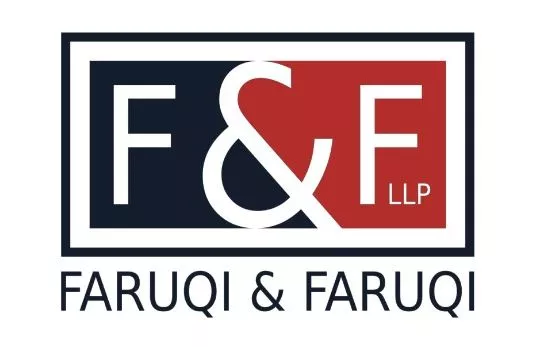On September 29, 2023, the U.S. Equal Employment Opportunity Commission released a long awaited draft of updated enforcement guidelines regarding workplace harassment.
The draft is the first document the EEOC has issued on harassment since it issued "Enforcement Guidance on Vicarious Liability for Unlawful Harassment by Supervisors," in 1999, according to an EEOC spokesperson. The last time the EEOC attempted to update its guidelines regarding workplace harassment was in January 2017; however, that effort stalled during the Trump Administration.
Since 2017, the #MeToo movement, the COVID-19 pandemic, and the U.S. Supreme Court's landmark 2020 determination in Bostock v. Clayton County, Georgia (holding that discrimination on the basis of sex includes discrimination on the basis of sexual orientation and gender identity in violation of Title VII of the Civil Rights Act), has made updating the guidelines a focal point for the EEOC.
"Preventing and addressing harassment in America's workplaces has long been a key priority for the EEOC, and this guidance will provide clarity on new developments in the law and build on the commission's previous work," EEOC Chairwoman Charlotte A. Burrows said in the announcement. "The commission looks forward to receiving public input on the proposed enforcement guidance."
The EEOC will publish the proposed rule in the Federal Register, which will then afford other federal agencies and the public 30-days to comment on the new guidance. The EEOC has already sent the draft to the President's Office of Management and Budget which will review it to determine whether the guidance will have a "significant" impact on the economy or other social policies. The EEOC will then take comments from the public and other agencies into consideration before issuing a final version of the rule to Congress before it can take effect.
Individuals who believe that they have been discriminated or retaliated against in the workplace should seek legal counsel to analyze their potential claims.
The content of this article is intended to provide a general guide to the subject matter. Specialist advice should be sought about your specific circumstances.

